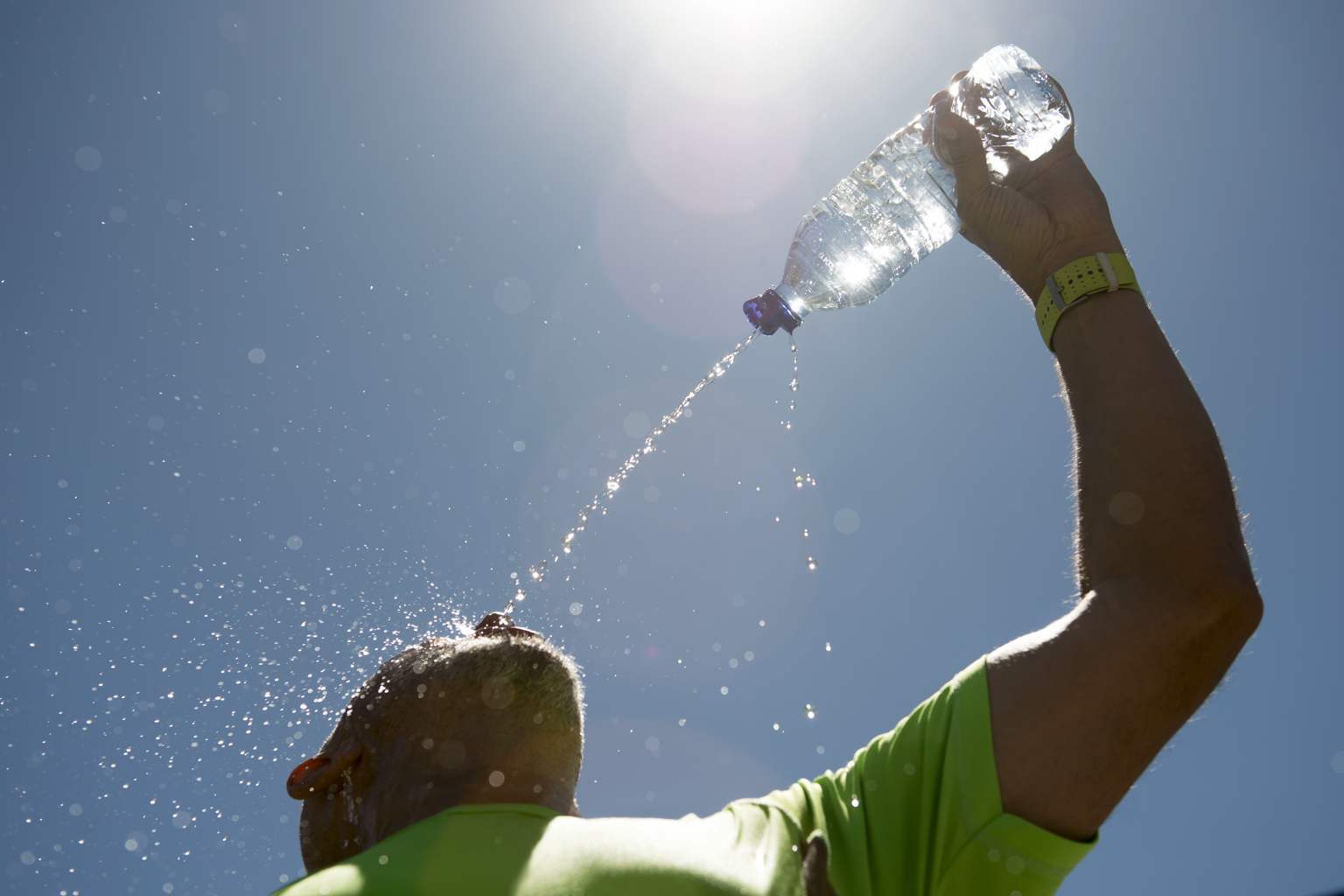You’ve always heard that water is the ultimate drink for hydration, right? What if I told you that this might not be entirely true—that there are actually better choices to quench your body’s thirst? A fascinating study out of Scotland’s University of St. Andrews challenges the long-held belief that water alone is the best hydrator, offering surprising alternatives that could change how we think about staying hydrated.
Milk and hydration: the surprising winner
Let’s dive into why milk topped water in hydration effectiveness. The study compared how the body responds to different drinks, focusing on fluid retention and loss. While plain water gets absorbed quickly, it also exits the stomach rapidly, meaning you might need more frequent refills. Milk, however, has a unique combo of lactose (which is a natural sugar), protein, and fat. These elements slow down the rate at which fluids leave your stomach, helping your body hold on to moisture longer.
Additionally, milk contains sodium and potassium, two electrolytes key to maintaining fluid balance in your body. Together, these nutrients work harmoniously to keep you better hydrated than water alone. So next time you’re thirsty after a long hike or a tough workout, reaching for a glass of milk might just be your body’s best bet.
Know your drinks: sugar, caffeine, and alcohol effects on hydration
Not all drinks that contain sugar hydrate you well, so beware of sugary juices and sodas. The study stresses that beverages with high levels of concentrated sugar can actually harm hydration. These drinks linger longer in your stomach but simultaneously draw water from your cells to process all that sugar, leaving you worse off than if you’d just stuck with water.
Alcohol tells a different story. Strong spirits like whiskey are notorious for dehydrating the body—basically pulling water out faster than it can replenish. In contrast, beer offers better hydration results due to its lower alcohol content and water volume, although it’s still no substitute for more effective hydrators.
Coffee’s role is more complicated. It can hydrate, but only within a sweet spot of caffeine intake. The study points out that consuming roughly 80 milligrams of caffeine is optimal. Too much, and the diuretic effect kicks in, counteracting any benefit; too little, and you might not feel the hydration boost.
Rethinking daily hydration habits: lessons learned
This study led me to rethink my own hydration routine. For years, I’d always grab a bottle of water during workouts or hot days, never giving much thought beyond that. Then, after reading about milk’s hydrating power, I tried sipping low-fat milk after a morning run. I noticed I felt hydrated longer and didn’t reach for more drinks as quickly. It makes sense—milk’s nutrients provide more than just fluid, they bring balance and lasting hydration.
Understanding how different drinks affect hydration reminds us that not all thirst quenchers are equal. The next time you’re thirsty, consider what you drink carefully. Sometimes that simple bottle of water might not be the best choice depending on your activity, environment, and body needs.
So, what’s your go-to hydration drink? Are you ready to experiment with milk or moderate your caffeine and alcohol consumption based on these insights? Share your thoughts or favorite hydration tips below—let’s learn from each other’s experiences! And if you found this refreshing take informative, don’t hesitate to pass it on to friends or family who might rethink their drink choices too.
For more detailed information, you can check out the original article by CNN’s Lisa Drayer here: https://health.yahoo.com/articles/drink-best-hydration-hint-isn-110324074.
